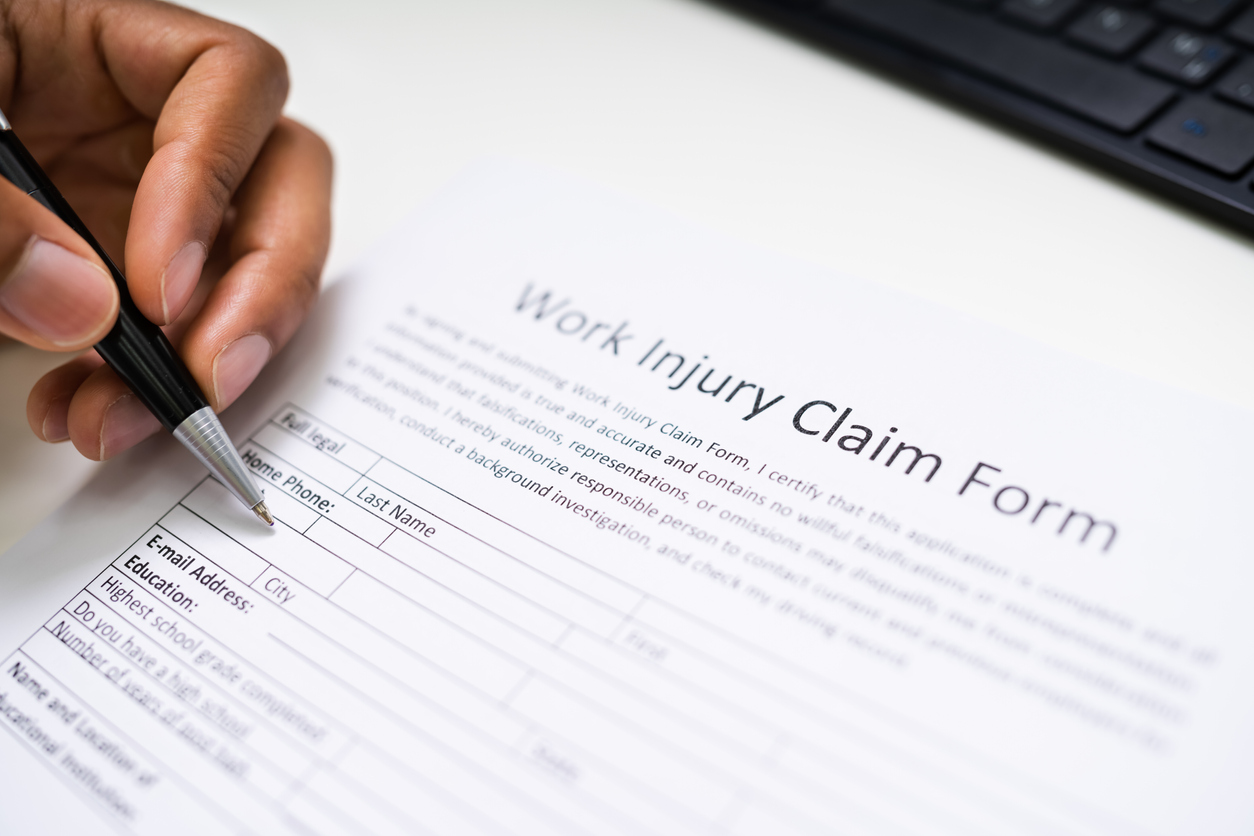Stephen Hasner | Workers' Compensation | June 30, 2022

Workers’ compensation compensates you for work-related injuries. It is a no-fault system, meaning you can win compensation even when your injury was your fault. However, you cannot receive certain kinds of compensation that you can receive in a personal injury case, such as pain and suffering.
Certain acts or omissions, however, can disqualify you from receiving Georgia workers’ compensation benefits, even if you suffered a serious injury. If you have suffered a work-related injury or illness, avoid the following kinds of impropriety, and avoid even the appearance of such impropriety.
Actions That Can Disqualify You From Workers’ Compensation Benefits
The Georgia State Board of Workers’ Compensation administers the Georgia workers’ compensation system under the Georgia workers’ compensation statute. This statute, and court decisions interpreting it, have established certain grounds for the Georgia Workers’ Compensation Board to deny your claim and even permanently disqualify you from receiving benefits. Following are the most common grounds for disqualification:
Your Injured Yourself Intentionally
Just as life insurance policies don’t pay out for suicide, workers’ compensation will not pay for self-inflicted injuries. In many cases, however, it can be difficult to prove that an injury was self-inflicted. “Self-inflicted” means deliberately, not carelessly.
You Deliberately Disregarded Safety Rules or Refused to Use Safety Equipment
Disqualification under this rule involves more than simple negligence (carelessness). It involves recklessness-–the intentional disregard of a known risk. You might suffer disqualification from workers’ comp benefits, for example, if you receive a concussion from a falling object on a construction site because you refused to wear a helmet when one was required. This ground for disqualification is somewhat subjective, and it is highly fact-dependent.
Your Voluntary Intoxication Caused the Accident That Injured You
If you suffered an injury driving a forklift while drunk, on recreational drugs, or even under the influence of legal prescription drugs, you naturally put yourself at risk if your job is physically dangerous. If your employer suspects that your voluntary intoxication caused your injury, they might demand that you take a drug test. If you refuse, or if you take the test but fail it, the state might disqualify you from receiving benefits.
This rule does not apply if your intoxication was involuntary (caused by a factory chemical leak, for example). Nevertheless, it might be up to you to prove that your intoxication was involuntary.
You Were Malingering
“Malingering” is a legal term for faking or exaggerating an illness or injury to receive benefits that you are not entitled to. Malingering is commonly suspected but is rather difficult to prove. Nevertheless, if the Board of Workers’ Compensation catches you malingering, it might disqualify you from receiving workers’ compensation benefits.
One way that workers’ comp might accuse you of malingering is by taking note of what you upload to your social networking accounts. A photo of you playing softball or enjoying yourself at a party could create the appearance of malingering even if the photos were taken before you suffered your injury (or uploaded after your injury).
You Missed the Deadline for Filing a Claim
Strictly speaking, Georgia workers’ compensation law requires you to file your claim as soon as possible after your accident. Typically, however, the hard deadline for filing a claim is one year from your injury to file a claim for workers’ compensation benefits. Otherwise, you risk forfeiting your claim.
If you received weekly income benefits or remedial care for your injury, you have two years from the date of your last treatment or the date of your last weekly benefit to file a workers’ compensation claim.
Consult With a Workers’ Compensation Lawyer
You might not be in a position to evaluate the validity and value of your claim. Furthermore, you are probably not aware of the many other ways that you might accidentally disqualify yourself from workers’ compensation benefits. An experienced workers’ compensation lawyer can evaluate your claim, however. Most workers’ compensation lawyers offer free case reviews.
Contact the Atlanta Workers’ Compensation Lawyers at Hasner Law, P.C. For Help
For more information, please contact the Atlanta workers’ compensation law firm of Hasner Law P.C. at our nearest location to schedule a free consultation today.
We serve in Fulton County, Chatham County, and its surrounding areas:
Hasner Law PC – Atlanta Law Office
2839 Paces Ferry Rd SE #1050
Atlanta, GA 30339
(678) 888-4878
Hasner Law PC – Savannah Law Office
221 W York St
Savannah, GA 31401
(912) 234-2334


